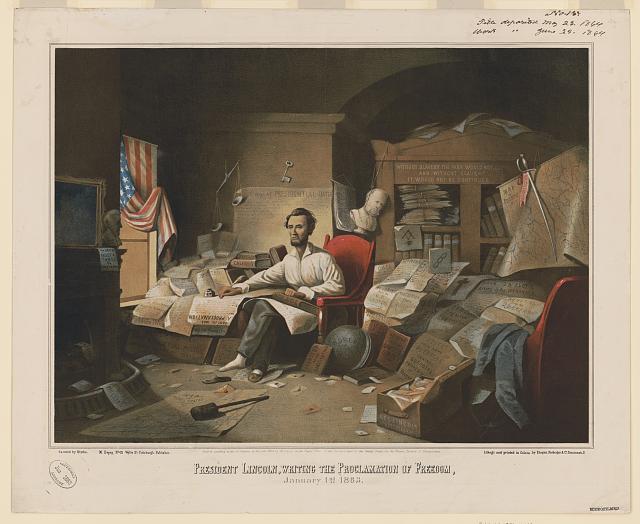
While the Proclamation claimed “that all persons held as slaves…are and henceforward shall be free,” it did not truly free all enslaved people. The document outlawed slavery in the states of the Confederacy, but not loyal states.
These events place Black literature in context. Use it as you explore other parts of the exhibit to learn more about the times that authors lived and wrote in.